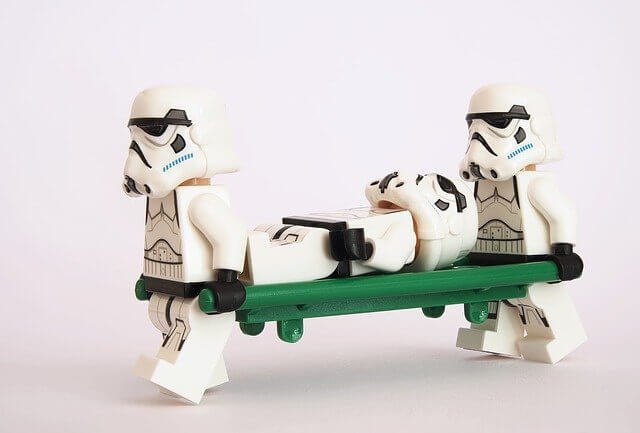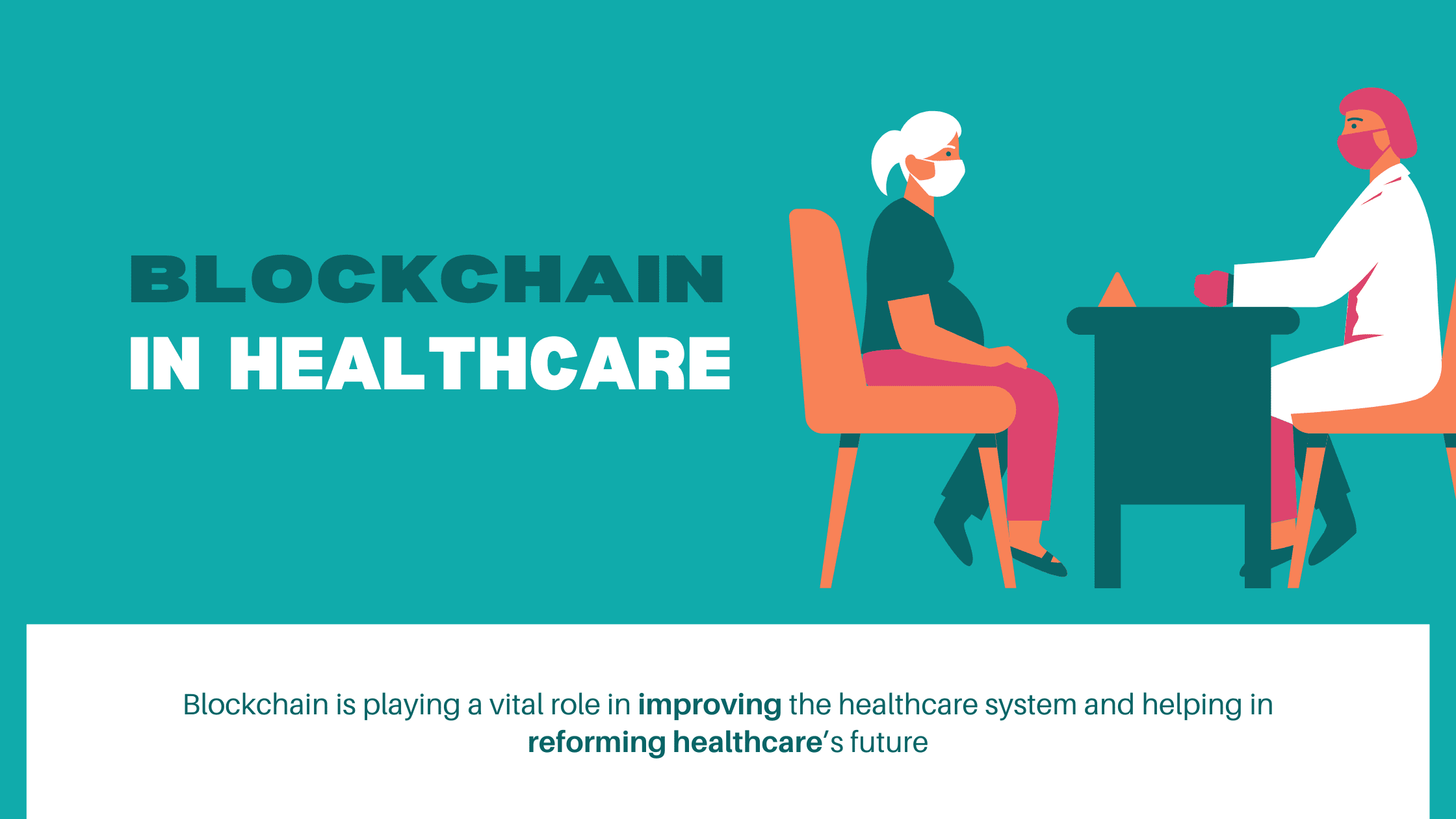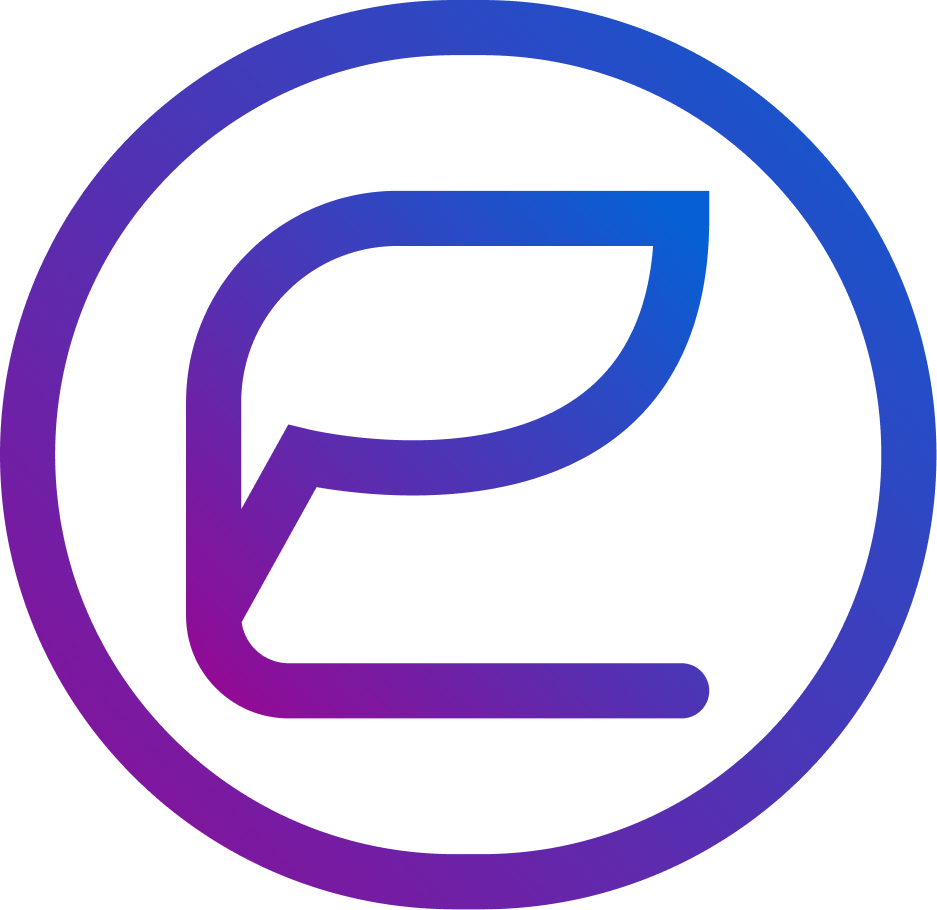The countries that are developed properly spend a mass of their gross domestic product (GDP) on healthcare. But the costs of hospitals continue to mount with inefficient practices and also the continuation of health data breaches. The situation in this area can be improved by blockchain technology.
Blockchain technology is very beneficial, and it can do many things such as handling epidemics, secure encryption of the information of patients, solidity, etc. The value of blockchain in healthcare was $2.12 billion in 2019, and by the year 2025, it is expected to reach $3.49 billion.
Before starting anything, first, we have to learn what blockchain is.
Blockchain is defined as a shared, immutable record of a chain of transactions. Each transaction has one block, and these blocks are held together by cryptographic keys. As per the National Institute of Standards and Technology, private blockchain technology is advantageous because of its tamper-resistant nature, the impossibility of changing published transactions within the user community that shares the ledger, and the decentralized nature of the digital ledgers.
Applications of Blockchain Technology in Healthcare

Research: Presently, electronic health records allow automatic updating and share a patient’s medical information within the organization or network of organizations only. With the help of blockchain technology, it can be extended if the healthcare organization organized the information in such a manner that the topmost layer of blockchain was only that which was not personally identifiable information.
This will help other organizations of researchers access the data easily. By providing this huge amount of data, it would promote safety and adverse events, clinical research, and public health reporting and identification.
Faster and Better Patient Care: The best part about blockchain technology is that it can create a single system to store health records. From there, it can be securely retrieved by authorized users without any hassle. This will also prevent any misconceptions between different healthcare professionals who are involved in treating the same patient.
With the help of blockchain, numerous mistakes can be prevented, which will lead to faster diagnosis, and personal care can be given to each patient. Healthcare professionals can remotely monitor the patient’s status and cover the collection of medical data through mobile devices, body area sensors, and Internet of Things devices. Blockchain plays a vital role in storing and sharing remotely collected biomedical data.
Electronic Medical Records: For transforming healthcare, the focus should be assigned to the management of health data which could be improved by increasing Electronic Health Records accuracy. With the help of blockchain, which provides a single transaction layer, organizations can submit and share data through one secure system. It can be done by storing a specific set of standardized data on the chain.
Healthcare organizations can also store information in the form of radiographic or other images with private encrypted links. The use of uniform authorization protocols can support seamless connectivity.
Security of Data: From 2009 to 2017, over 176 million data breaches occurred in healthcare records. That’s why blockchain technology comes into the frame because its remix security features can protect healthcare information easily.
Each individual has a public identifier or a private key which can be unlocked only for the necessary specific period. Blockchain can provide an immutable audit trail of health information because hacking would be limited because the hacker will not attack each user individually to obtain private information.
Blockchain is made up of the most advanced cryptographic aspects that make it immutable. This aspect facilitates data authenticity through a digital signature, and foolproof data security stabilizes the issue of security and trust. It will also help in generating an easy billing system.
Remote Patient Monitoring: Remote patient monitoring is becoming more important nowadays because it covers the collection of medical data through mobile devices. Electronic medical records are kept secure in a blockchain network, and the data can be sent to medical personnel rapidly. It will save time, cost, effort, and energy and also saves the hassle of constant management.
Private Blockchain also provides monitoring of labor costs which is involved in the manufacturing of pharmaceutical supplies with full transparency.
Medical Staff Credential Verification: Blockchain technology is used to track medical goods. Similarly, it can also track the experience of medical professionals. In this, the trusted medical institution can log the credentials of their staff which helps to streamline the hiring process for medical professionals or healthcare organizations.
It is an excellent opportunity for medical institutions, and healthcare providers to monetize their existing credentials data on past and existing teams. Healthcare organizations can get faster credentialing during the hiring process.
Enhanced Collaboration: The success of any healthcare initiative depends on the people, such as third parties, researchers, and professionals. Blockchain technology increases the collaboration among these participants with the help of ledger technology. This technology can help the participants to provide deep insights and do group research.
Why Should Blockchain be Incorporated into Healthcare?
One of the biggest reasons to use blockchain technology in healthcare is the lack of a central administrator. The database consists of several bits and bytes, and if they are stored in the physical memory of a system, anyone can easily corrupt the data which has access to that system.
But with the help of blockchain, there will be no need for a central administrator because all the users have control over their information and transactions. Blockchain offers security, scalability, and data privacy. As we all know, healthcare organizations have confidential patient information, and they require quick access to information. In such cases, blockchain helps to streamline those medical records and share them in a more secure way.
Blockchain applications in healthcare are being explored and discovered every day by various blockchain and healthcare companies. By increasing payment options, tracking pharmaceuticals, and decentralizing patient health history data, blockchain has made itself an irreplaceable tool in healthcare.
Different Ways, Blockchain can be used in the Healthcare Industry
Drug Supply Chain Transformation: If blockchain technology is implemented efficiently, then it can enhance the security, functionality, and data provenance of the pharmaceutical supply chain. Blockchain-based companies provide solutions to the supply chain of pharma giants to eliminate the issues of counterfeiting and falsification of drugs.
Keeping a Track of Clinical Trials: Clinical trials are normal in the present scenario, and keeping a track of their finances through the bookkeeping process is vital. It is an important process for the evaluation of clinical trials. Blockchain companies have invented different ways to streamline the process of bookkeeping and financial reporting.
Process of Form Filling: The worst part when anyone suddenly gets admitted to the hospital due to severe illness is the time-consuming process of filling out loads of forms. It is a frustrating task when someone is actually in that situation. But blockchain can automate the task and save you time and energy. There are many blockchain-powered mobile applications in which any person can fill up the forms before going to any healthcare organization. This initiative can save a lot of time and avoid standing in lines for hours. This will also increase the productivity of healthcare employees.
Cost-Effective Cures: With streamlined, quality data sharing and distribution across all the key network participants and healthcare providers help to create cost-effective and sophisticated treatments for several diseases. A step-by-step document transaction in the form of electronic health records increases security and simplifies complex processes such as billing and other procedures. It also eliminates the need for multiple validations and middlemen.
Claim Adjudication: The blockchain is uniquely adapted to claim to process because it works on a validation-based exchange. The claims can be automatically verified. It has the ability to present medical events as they occurred without changing the data later. And there is no central authority, so there would be fewer errors or fraud.
Future of Medical Blockchain

The scope of Blockchain in medical organizations is very bright because it helps to solve many issues which affect the industry. In the future, blockchain acts as an element of a system in which patients will become stewards of their own medical data rather than depending on any central source.
Blockchain is decentralized, and most of the healthcare records are centralized, which means it has a progressive future. Although the applications of blockchain have their challenges, such as the process and number of steps to record, finding and getting the data can be complex. But the technologies are also rising, such as Artificial Intelligence and Machine Learning which will solve the problems easily.
Final Words
Blockchain has taken healthcare by storm over the past years, and there are major investments in blockchain. With improved blockchain security and systems, these services could be used to enhance the management of healthcare data. Blockchain is playing a vital role in improving the healthcare system and helping in reforming healthcare’s future. The vision of providing personalized healthcare is not far away with medical blockchain storing and securing a considerable amount of data at scale.


